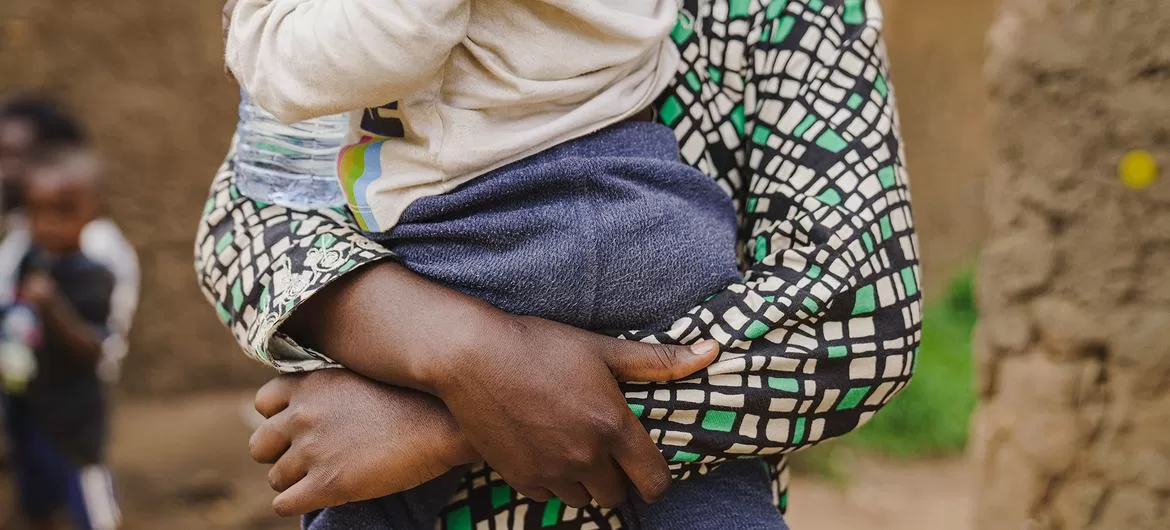
UNITED NATIONS, Nov. 26 (WSH) — More than one in four children globally, approximately 610 million, are growing up in homes where their mothers have suffered physical, emotional, or sexual violence at the hands of an intimate partner in the past year, according to new data released by UNICEF on Tuesday. For millions of children, violence has become a daily reality, and their exposure to intimate partner violence is particularly high in Oceania, sub-Saharan Africa, and Central and Southern Asia, regions where deep inequalities persist, and abuse is widespread.
UNICEF Executive Director Catherine Russell emphasized, “Today, millions of women and children are living in homes where violence is a regular part of life. Women’s safety and autonomy are paramount to children’s well-being.” This analysis follows updated global estimates on violence against women, released by the World Health Organization (WHO), revealing that over one in ten adolescent girls and women aged 15 and older have experienced physical or sexual violence from an intimate partner in the past year. Violence against women, especially intimate partner violence, is not only a human rights violation but a major global public health crisis rooted in gender inequality.
UNICEF’s regional data reveals stark disparities in the exposure to intimate partner violence. In Oceania, over half of all children—about 3 million—live with a mother who has recently experienced violence. Sub-Saharan Africa follows with 32 percent of children, or 187 million, affected, while Central and Southern Asia accounts for the highest number globally, with 201 million children, or 29 percent, at risk. Other regions, including Northern Africa and Western Asia, Eastern and Southeastern Asia, and Latin America and the Caribbean, also show troubling figures, indicating that this issue spans the globe.
Children exposed to violence in the home face both direct and indirect harm. Even if they are not physically abused themselves, witnessing violence can erode their emotional trust, cause long-lasting trauma, and lead to developmental setbacks. Such exposure also increases the likelihood that these children will experience or perpetuate violence in the future, with serious consequences for their safety, health, education, and overall well-being. UNICEF calls on governments to take more aggressive action, urging integrated strategies to address both women and children’s safety, support for women- and girl-led organizations, and greater investment in prevention programs, including parenting and school-based initiatives.
UNICEF’s message is clear: Ending violence in the home is crucial not only for women’s safety but for the future of children and the generations to come. The agency’s call for action aims to tackle these pressing global challenges and ensure a safer, more equitable future for all.


